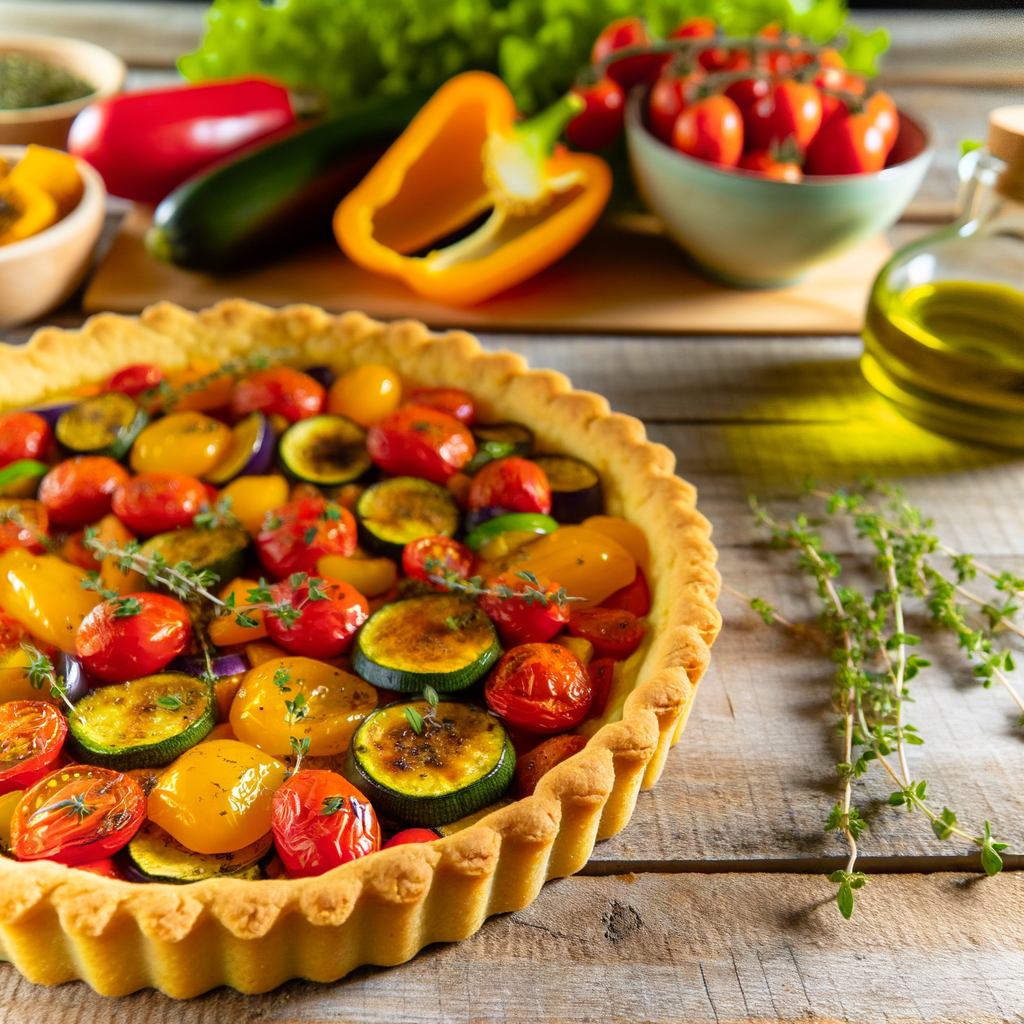Olympians Voice Concerns Over Meat Dishes
Olympic athletes, often considered the epitome of physical fitness and discipline, invest relentless hours in training and meticulous planning around their diets. With such high stakes, food becomes more than just sustenance; it transforms into fuel that can either make or break their performance. Recently, an alarming concern arose among these elite athletes: the quality and consistency of the meat dishes provided to them.
The Gravity of Nutrition for Olympians
For Olympians, dietary needs are paramount. The food they consume must fulfill a multifaceted role, providing not just energy but also aiding in muscle recovery, preventing injuries, and ensuring overall well-being. Thus, it’s no surprise that food quality is scrutinized with painstaking detail.
Why Meat Quality Matters
Meat is a significant source of protein, which is essential for muscle repair and growth. For athletes undergoing rigorous training, inadequate protein intake can lead to muscle wasting, prolonged recovery times, and ultimately, suboptimal performance. Here’s why meat quality is crucial:
- High Protein Content: Ensures sufficient muscle repair and growth.
- Rich in Essential Nutrients: Provides vitamins and minerals like iron and B12, crucial for energy levels.
- Fat Content: Balanced fat levels are important for energy without adding unnecessary fat mass.
Issues Raised Over Current Meat Dishes
Recently, numerous Olympians have voiced their dissatisfaction over the meat dishes being served. Complaints range from inconsistency in preparation to concerns about the origin and quality of the meat itself. These issues can have a far-reaching impact on their health and performance.
Inconsistencies in Preparation
One of the primary gripes is the inconsistency in how meat dishes are prepared. Athletes report that the meat often varies in texture, flavor, and doneness:
- Some dishes are overcooked, making the meat tough and difficult to chew.
- Other times, the meat is undercooked, posing potential health risks.
- The flavor profile can vary markedly, affecting palatability and overall satisfaction.
Concerns About Meat Quality
The quality of meat has also been put under the microscope, with athletes noticing:
- Questionable Origins: Concerns about sourcing practices and the potential for additives or preservatives.
- Visual Clues: Discoloration or strange textures indicating poor quality.
- Nutritional Value: Uncertainty about whether the meat still holds its intended nutritional value.
Potential Consequences of Poor Meat Quality
The ripple effects of subpar meat quality are significant. It’s not just about a bad meal; it’s about the cumulative impact on an athlete’s health and career.
Increased Risk of Injury
Protein is crucial for tissue repair and muscle recovery. Inadequate or inconsistent protein intake can slow down the healing process and increase the risk of injuries, sidelining athletes from critical training sessions or competitions.
Mental and Emotional Toll
The emotional and psychological stress of dealing with dietary uncertainties cannot be underestimated. Athletes are already under immense pressure to perform. Adding worries about nutrition can compound anxiety and stress, potentially affecting their mental well-being.
Impact on Performance
Suboptimal nutrition translates directly to decreased performance. Energy levels may drop, recovery times can lengthen, and overall stamina might weaken. These factors can be the difference between winning a medal or falling short.
Calls for Improvement
With these pressing concerns, athletes and their supporting teams are calling for immediate improvements. There’s a strong push towards ensuring that the meat dishes provided meet the highest standards of quality and consistency.
Recommendations
Key recommendations from the athletes include:
- Stricter Quality Control: Regular and thorough inspections of meat sources to ensure top quality.
- Consistent Preparation Standards: Training for culinary staff to ensure dishes are cooked to specifications reliably.
- Transparency in Sourcing: Clear information about where the meat is sourced to build trust and assurance.
Importance of Immediate Action
Given the potential impact on athletes’ careers, it’s imperative that these concerns are addressed swiftly. Implementing these changes will not only enhance athletes’ performance but also ensure their well-being and trust in the provided nutrition.
Final Thoughts
The demand for high-quality and consistent meat dishes in athletic diets is more than a simple request; it’s a necessity for optimal performance and health. By addressing these concerns head-on, there can be a significant positive impact on the athletes’ journey toward their Olympic dreams.
It’s essential for the concerned authorities and support systems to recognize these complaints and take definitive steps to guarantee that dietary preparations match the exceptional standards these athletes are accustomed to. The path to Olympic glory requires not just raw talent and dedication but also an unwavering support system that includes top-notch nutrition.











